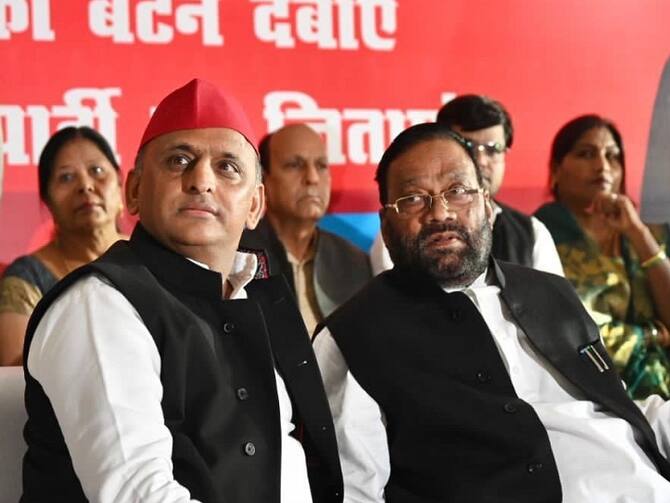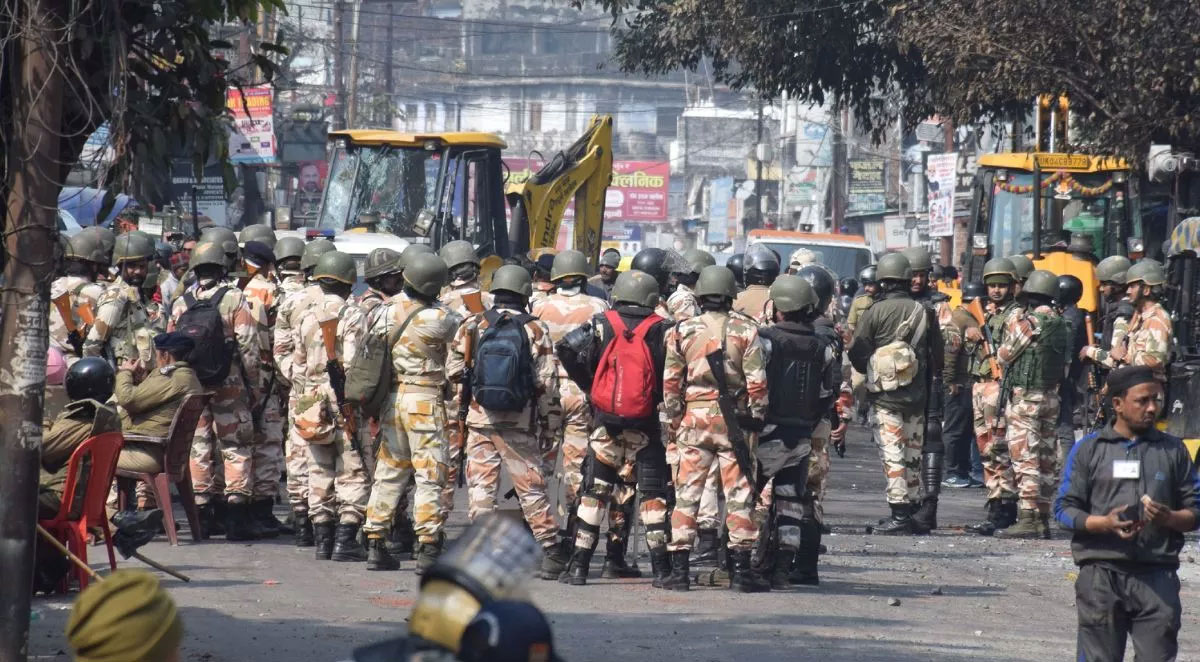It was Karpoori Thakur, the late highly respected Bihar politician, who, for the first time, sub-divided OBCs and brought the concept of the Most Backward Castes (MBCs) into the political domain. The MBCs, as a social group, have been firmly standing beside the OBCs in the struggle for their emancipation from political, social, economic and educational deprivation. But it is also true that the interests of the MBCs, made up of socio-economically and educationally weak innumerable small caste groups, were at odds with those of the dominant OBC castes. The MBCs had to overcome the threat posed by the dominant OBC castes, who were trying to usurp all the benefits of the concessions and facilities wrested from the ruling class after a long and bitter struggle. The MBCs needed special protection.

By sub-dividing the OBCs and providing separate reservations for MBCs, Karpoori Thakur ensured that the MBCs got their share in government jobs. But the economic liberalization of the 1990s considerably shrank the job opportunities in the government sector. Laloo Prasad Yadav, who claimed to be a disciple of Karpoori Thakur, took to politics in the name of the OBCs and the deprived but soon this battle for social justice reached a dead end. Nothing was done for the economic empowerment of the OBCs beyond social stunts and political symbolism. The OBCs became a divided house and turned against itself.
It was against this sociopolitical backdrop that the MBCs and Dalits joined forces with the Savarnas. This was the union of two opposite poles and its hero was Nitish Kumar. While the MBCs identified with Nitish, the upper castes saw in him a person who could free them from Laloo raj. Soon after coming to power, Nitish realized that if he had to play a long innings, he would have to take some concrete steps to cement this social equation. Nitish Kumar gave reservations to MBCs and Mahadalits in Panchayat elections. Maybe, he did it to lend durability to his popular base but it was undoubtedly a revolutionary step. For MBCs and Mahadalits, contesting elections was a dream, which Nitish turned into a reality. For the first time in history, they got an opportunity to become decision-makers. Even if it was only at the grassroots level, they got a share in power. The question now is, where do the youth trained in grassroots democracy go from here? Will they be allowed to rise above the Panchayat level? Will they get an opportunity to represent their community at the state and national levels? There is reservation for SCs and STs in the Lok Sabha and the Vidhan Sabhas. But what about the hapless MBCs?
There are hundreds of MBC castes in this country, the population of each being very small. But add them together and you arrive at a staggering figure. As for socio-economic and educational levels, MBCs are worse off than SCs and STs. Their presence in the legislature is almost nil. It is the need of the hour to take statutory steps to provide adequate representation to them in Lok Sabha and Vidhan Sabhas. The champion
of the MBCs, Nitish Kumar, is maintaining a stoic silence on the issue. He argues that identifying MBCs at the national level and providing statutory reservations to them is something only the Union government can do. This is a very valid argument. The MBCs have been demanding reservations in the legislatures like that of SCs and STs for many decades now. But since they do not have a distinct identity at the national level, their voice has gone unheard. However, the struggle continues, the aspirations are not dead. If any powerful leader takes the risk of raising their demand at the national level, he will reap rich political dividends.

Kaushal Ganesh Prasad Azad, convener of Ati Pichda Janadhikar Manch, says that the commitment of Nitish Kumar towards MBCs was suspect. Nitish was only playing with the sentiments of the MBCs and instead of taking positive political steps for their well being, he is only paying lip service to their cause. What was stopping Nitish Kumar from ensuring adequate representation to the MBCs in the Bihar Vidhan Sabha? he asks. If the Bihar Vidhan Sabha had passed a resolution seeking reservation for MBCs in the legislature, it would have built up pressure on the Centre.
What is needed is the constitution of a commission to identity MBCs at the national level. Besides economic, educational and social status, the criteria for classifying a caste as MBC should also include its in the Lok Sabha, Rajya Sabha and Vidhan Sabhas. Will Nitish Kumar take this risk? Or, would Narendra Modi, who himself is an MBC, like to become their voice?
Published in the June 2014 issue of the Forward Press magazine
Based in New Delhi, India, ForwardPress.in and Forward Press Books shed light on the widespread problems as well as the finer aspects of Bahujan (Dalit, OBC, Adivasi, Nomadic, Pasmanda) society, literature, culture and politics. Next on the publication schedule is a book on Dr Ambedkar’s multifaceted personality. To book a copy in advance, contact The Marginalised Prakashan, IGNOU Road, Delhi. Mobile: +919968527911.
For more information on Forward Press Books, write to us: info@forwardmagazine.in




